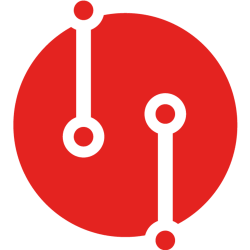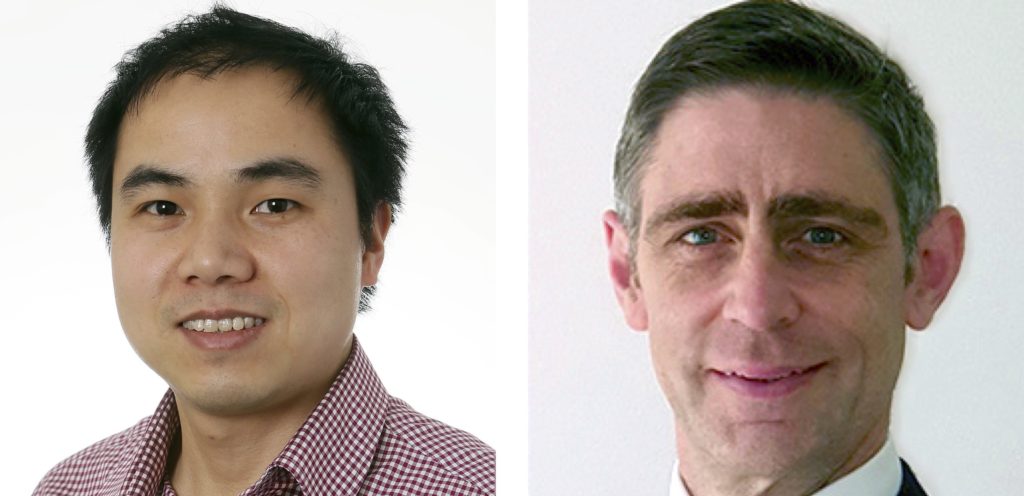By Prof Guido De Roeck (KU Leuven), external advisor and project partner at LDTRC
With more than 500 scientific journal and conference papers, Prof. De Roeck is a world-famous expert in vibration based damage detection, dynamic system identification and soil structure interaction and vehicle bridge interaction. In this short talk, Prof. De Roeck addresses relevant topics in our Newton Fund project on digital twin for structural health monitoring (SHM) between Middlesex Uni (UK) and Uni. of Transport and Communications (Vietnam), in which KU Leven is an associated partner.
He outlines recent development in sensoring techniques in SHM, non-model and model-based methods for vibration-based damage detection. For example, the non-model based methods can be the alarm/alerting just based on the pure or preprocessed measurement data, or the stochastic treatment to distinguish temperature influence from real structural damage. The model based approach can be the digital twin structure that is adapted according to measurement results. The adaptation, updating, calibration can use global optimization methods like Particle Swarm Optimization (PSO) , Genetic Algorithm (GA). Prof. De Roeck also discusses the digital transformation (with references to relevant projects in Europe) for predictive maintenance of important infrastructures in case of extreme events, such us, earthquakes, collapse of Morandi Bridge in Genova, Italy in 2018.







 The Indian Institute of Information Technology (IIIT), represented by Dr. Hrishikesh Venkataraman and Dr. Raja Vara Prasad, is an international collaborator of the London Digital Twin Research Centre (LDTRC). The research conducted in Sri City, India, aims to support and drive forward the advancements in our Digital Twin for Industry 4.0 project, with an extended focus on anomaly detection mechanisms that can be integrated in the Digital Twin for manufacturing processes.
The Indian Institute of Information Technology (IIIT), represented by Dr. Hrishikesh Venkataraman and Dr. Raja Vara Prasad, is an international collaborator of the London Digital Twin Research Centre (LDTRC). The research conducted in Sri City, India, aims to support and drive forward the advancements in our Digital Twin for Industry 4.0 project, with an extended focus on anomaly detection mechanisms that can be integrated in the Digital Twin for manufacturing processes.